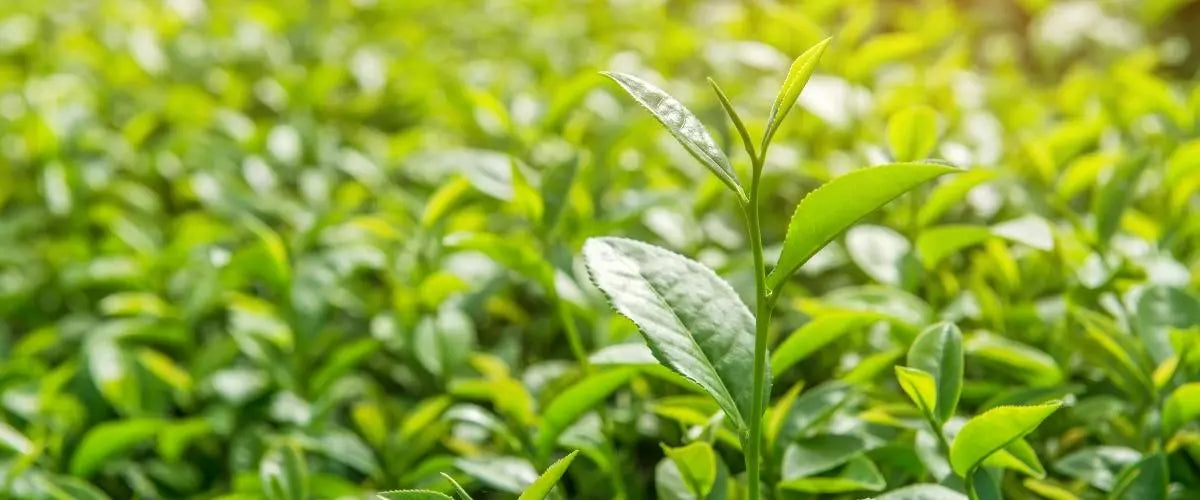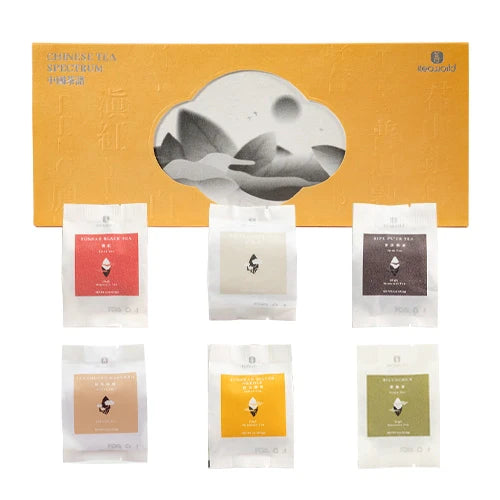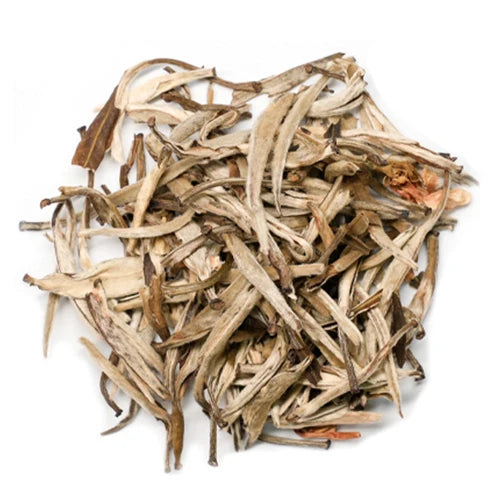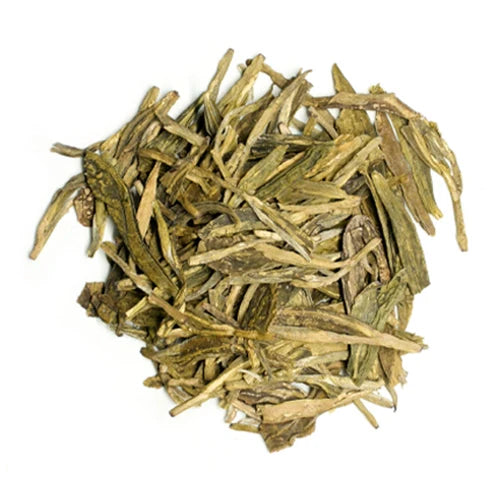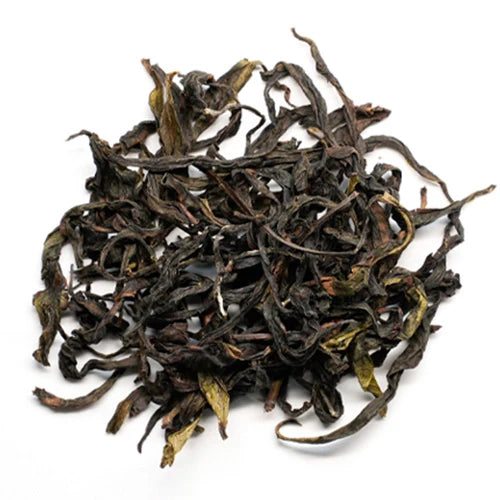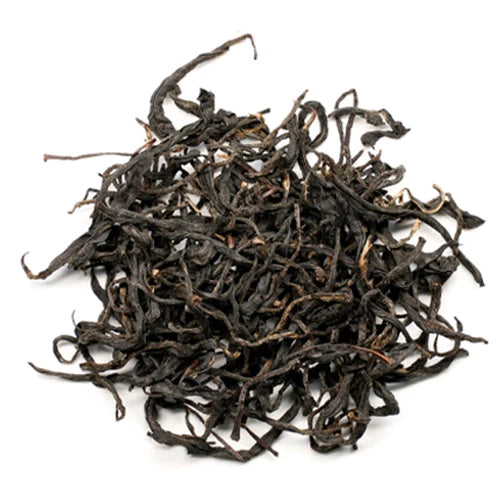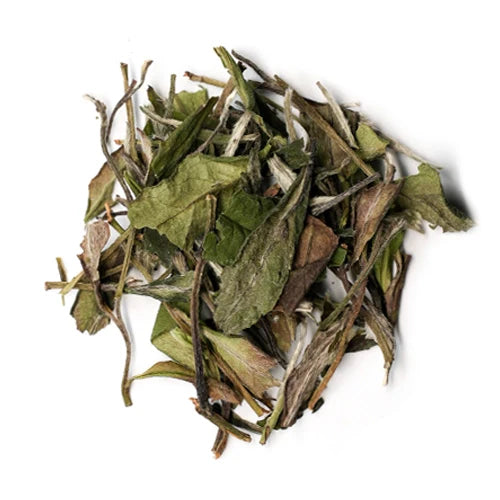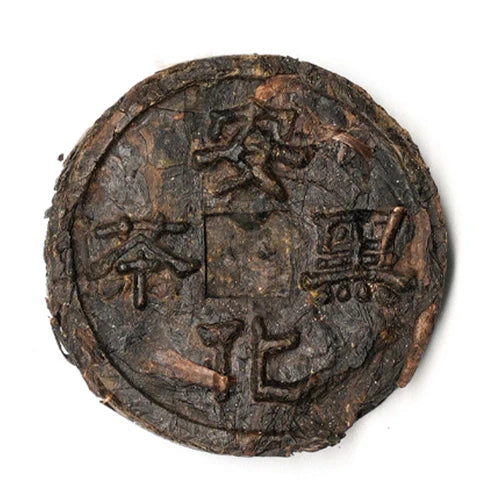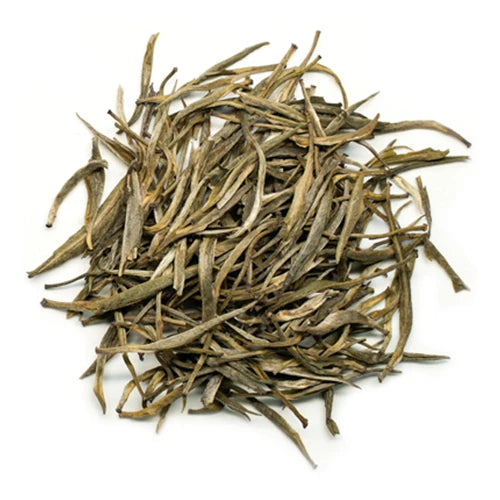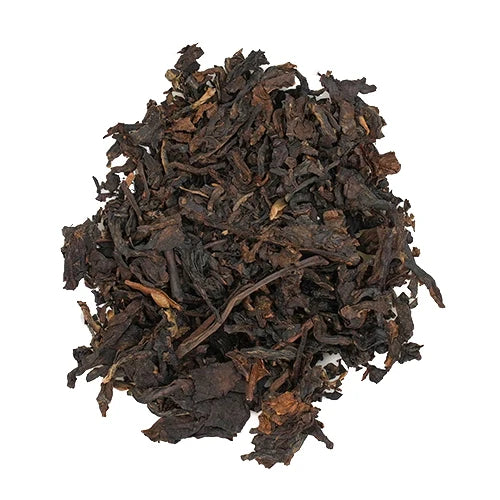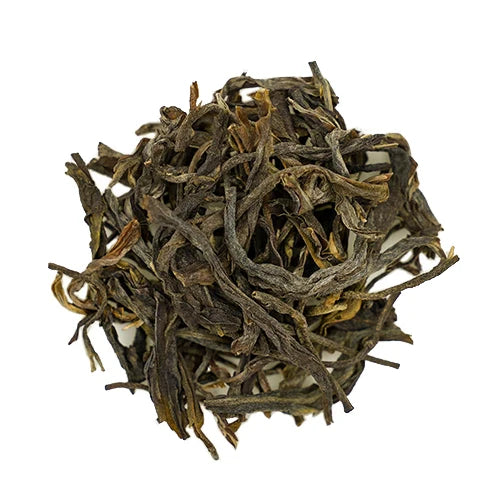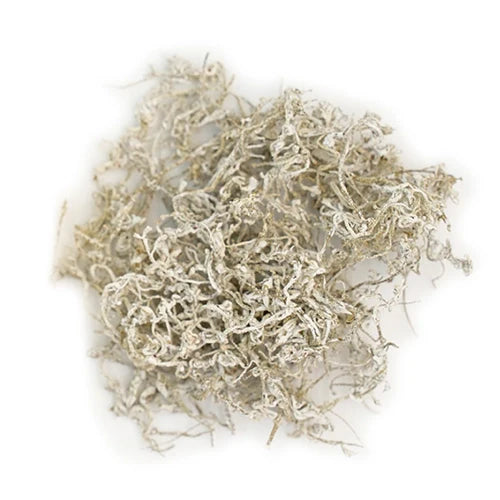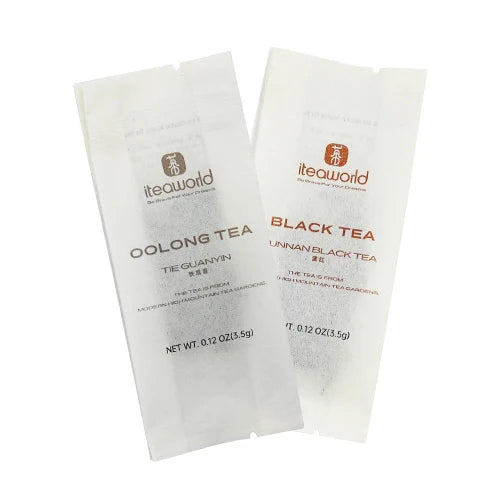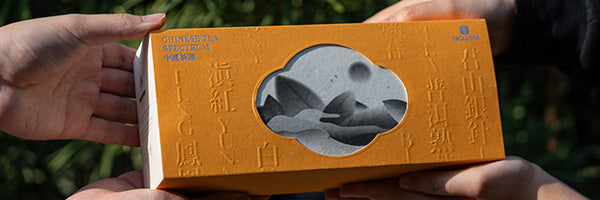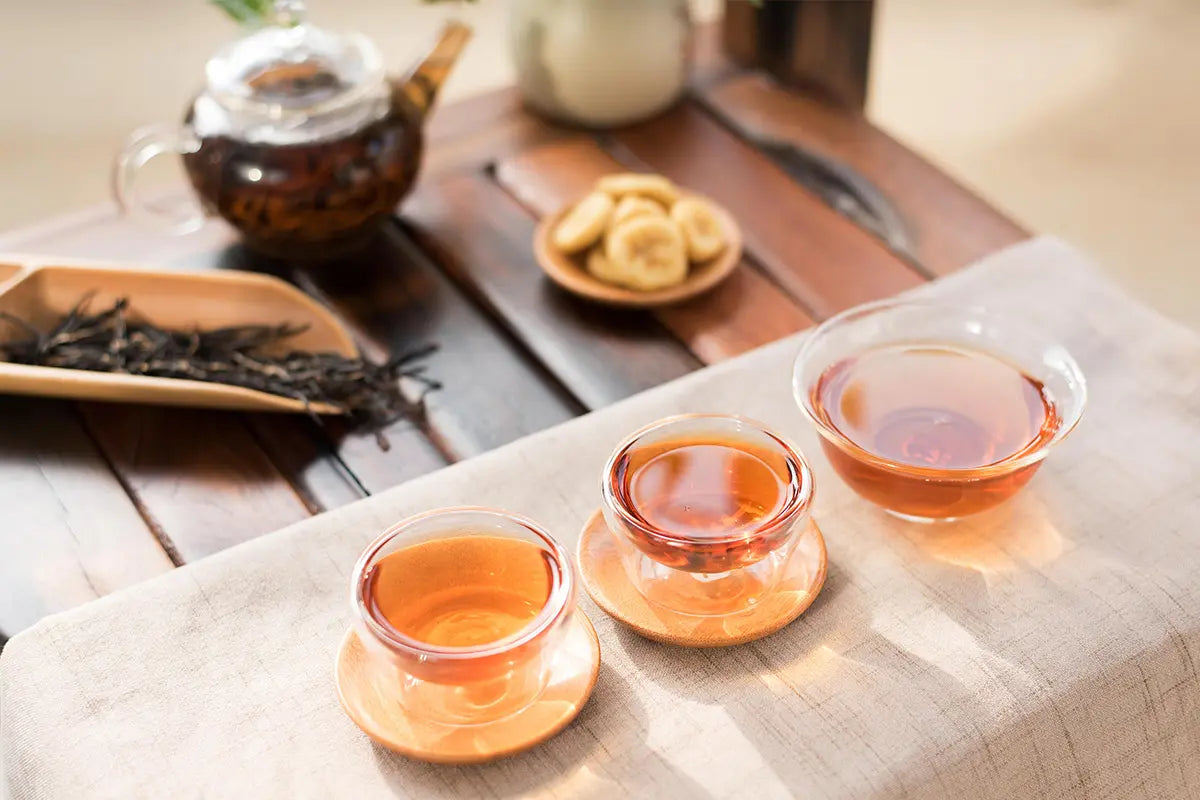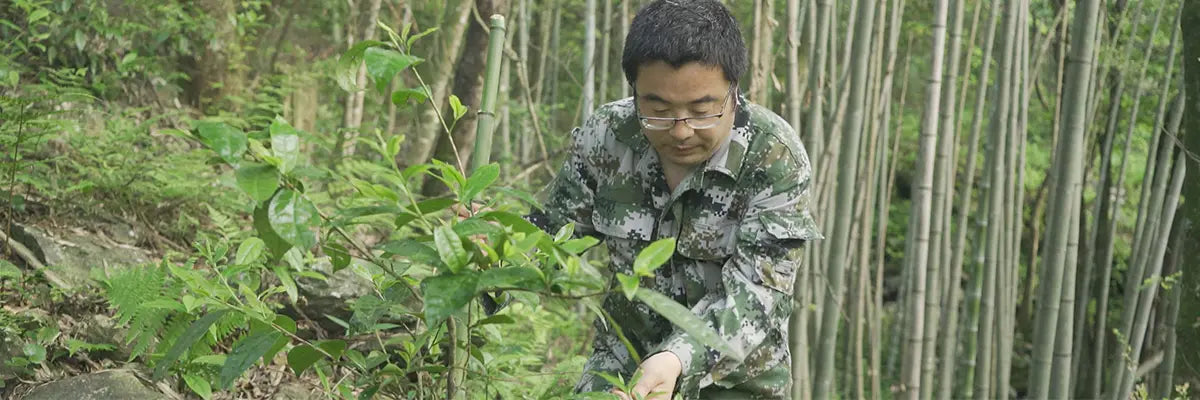В сознании многих людей остеопороз, кажется, является заболеванием, поражающим только пожилых людей. Однако в последние годы из-за плохих привычек питания наблюдается тенденция к поражению остеопорозом молодых людей. Поэтому еще важнее уделять внимание своему рациону в повседневной жизни, чтобы активно предотвращать остеопороз. Исследования показали, что в нашей повседневной жизни есть распространенный напиток — черный чай, который может помочь улучшить состояние при остеопорозе. Люди, страдающие остеопорозом, могут рассмотреть возможность увеличения потребления черного чая.
Теафлавины — ключевой фактор в черном чае, улучшающий состояние при остеопорозе

Исследование, проведенное в Университете Осаки в Японии, показало, что теафлавины, содержащиеся в черном чае, могут помочь предотвратить образование остеокластов, разрушающих костную ткань, что приводит к улучшению симптомов у подопытных мышей с остеопорозом. В скелетной системе есть два типа клеток: остеобласты, которые строят кость, и остеокласты, которые разрушают кость. Когда остеокласты становятся чрезмерно активными, баланс между этими двумя типами клеток нарушается, что приводит к хрупкости костей, снижению костной массы и началу остеопороза.
Исследователи из Университета Осаки в Японии, включая Кейдзо Нишикаву, обнаружили, что теафлавины, присутствующие в черном чае, могут подавлять образование остеокластов. В их исследовании подопытным мышам с остеопорозом, у которых была только треть нормальной костной массы, вводили теафлавины каждые три дня. Примерно через три недели в организме мышей наблюдалось снижение остеокластов, а их костная масса удвоилась. Однако людям с остеопорозом не следует полагаться исключительно на употребление листового черного чая в качестве основного метода лечения. Это связано с тем, что исследования показывают, что человеку весом 60 килограммов необходимо будет усвоить эквивалентный уровень теафлавинов, как и подопытным мышам, что эквивалентно употреблению примерно 20 чашек черного чая в день. Поэтому более эффективный подход будет включать прием подходящих добавок. Кейдзо Нишикава предположил: «Если теафлавины используются для создания пищевых добавок, которые затем потребляются, это может потенциально помочь предотвратить остеопороз».
Американская медицинская ассоциация проводила исследование в течение десяти лет с участием 497 мужчин и 540 женщин, которое показало, что у людей, употребляющих черный чай, кости крепче. Для профилактики и лечения распространенного заболевания остеопороза у женщин рекомендуется выпивать небольшую чашку черного чая ежедневно, с заметным эффектом после нескольких лет постоянного употребления. Добавление лимона в черный чай может еще больше повысить прочность костей, а различные фрукты также можно добавлять в черный чай для синергетического эффекта.
Рекомендации по выбору черного чая, подходящего для ежедневного употребления

1 Юньнаньский черный чай (Дянь Хун)
Черный чай из Юньнани , известный как Дянь Хун на китайском языке, производится из свежих листьев крупнолистовых чайных деревьев в провинции Юньнань. Он проходит такие процессы, как завяливание, скручивание, ферментация и сушка, чтобы стать тем чаем, который мы знаем. Благодаря своему происхождению в Юньнани, он называется "Дянь Хун". Черный чай из Юньнани высоко ценится среди листовых чаев из-за своего насыщенного вкуса и уникального аромата.
Что отличает черный чай Юньнань, так это его пухлые чайные листья, богатые питательные вещества, выраженный аромат и пригодность для многократного заваривания. Высококачественный черный чай Юньнань представляет собой яркий и яркий красный настой с сильным и отчетливым цветочным ароматом. Он обладает глубоким, густым и сладким вкусом, который становится особенно освежающим и чистым при добавлении молока. Черный чай Юньнань — это исключительно вкусный черный чай начального уровня, который понравится даже тем, кто обычно не пьет чай. iTeaworld предлагает экономичный черный чай Юньнань, который идеально подходит для пробы.
2. Современный метод заваривания черного чая Сушонг
Черный чай Сушонг является одним из самых ранних черных чаев в мире и в настоящее время производится с использованием как традиционных, так и современных методов обработки. Традиционная техника Черный чай Сушонг известен своим уникальным ароматом копчения на сосне, в результате чего после заваривания получается темно-красный настой. Он может похвастаться длительным ароматом с оттенками дыма сосны и предлагает богатый и насыщенный вкус с тонкой сладостью, похожей на Лунъянь. С другой стороны, современная техника черного чая Сушонг, хотя и основана на традиционном методе, исключает этап копчения на сосне. Этот вид чая представляет собой более сладкий и освежающий чай с богатым цветочным ароматом.
На самом деле, многим новичкам в чае может быть сложно оценить дымный вкус традиционного черного чая Сушонг. Современный черный чай Сушонг — отличный выбор для новичков в чае, так как в нем отсутствуют дымные нотки. Хотите ли вы попробовать традиционную копченую версию или современную, некопченую версию черного чая Сушонг, вы можете найти оба варианта на iTeaworld.
Какие еще продукты могут помочь предотвратить остеопороз?

Помимо черного чая, есть и другие продукты, которые могут помочь предотвратить остеопороз, такие как молоко, тофу и сардины.
Молоко богато витамином D и кальцием, обеспечивая необходимые питательные вещества для здоровья костей при регулярном употреблении. Оно может помочь предотвратить возникновение и прогрессирование остеопороза.
Тофу богат питательными веществами, такими как белок и кальций, что делает его полезным дополнением к поддержанию здоровья костей, повышению плотности костной ткани и профилактике остеопороза.
Сардины содержат значительное количество витамина D, кальция, аминокислот и других необходимых питательных веществ. Умеренное употребление сардин может помочь снизить потерю костной массы и улучшить здоровье костей, выступая в качестве профилактической меры против остеопороза.
В этой статье мы узнали, что теафлавины в красном чае могут способствовать профилактике остеопороза. Регулярное употребление красного чая действительно может поддерживать здоровье костей. Однако важно понимать, что употребление красного чая — не единственный метод профилактики остеопороза. Поддержание сбалансированной диеты, регулярные занятия спортом и достаточный отдых также являются важными компонентами здоровья костей.






